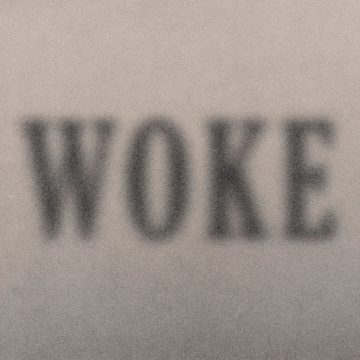Ross Douthat in The New York Times:
 This week the conservative writer Bethany Mandel had the kind of moment that can happen to anyone who talks in public for a living: While promoting a new book critiquing progressivism, she was asked to define the term “woke” by an interviewer — a reasonable question, but one that made her brain freeze and her words stumble. The viral clip, in turn, yielded an outpouring of arguments about the word itself: Can it be usefully defined? Is it just a right-wing pejorative? Is there any universally accepted label for what it’s trying to describe? The answers are yes, sometimes and unfortunately no. Of course there is something real to be described: The revolution inside American liberalism is a crucial ideological transformation of our time. But unlike a case like “neoconservatism,” where a critical term was then accepted by the movement it described, our climate of ideological enmity makes settled nomenclature difficult.
This week the conservative writer Bethany Mandel had the kind of moment that can happen to anyone who talks in public for a living: While promoting a new book critiquing progressivism, she was asked to define the term “woke” by an interviewer — a reasonable question, but one that made her brain freeze and her words stumble. The viral clip, in turn, yielded an outpouring of arguments about the word itself: Can it be usefully defined? Is it just a right-wing pejorative? Is there any universally accepted label for what it’s trying to describe? The answers are yes, sometimes and unfortunately no. Of course there is something real to be described: The revolution inside American liberalism is a crucial ideological transformation of our time. But unlike a case like “neoconservatism,” where a critical term was then accepted by the movement it described, our climate of ideological enmity makes settled nomenclature difficult.
I personally like the term “Great Awokening,” which evokes the new progressivism’s roots in Protestantism — but obviously secular progressives find it condescending. I appreciate how the British writer Dan Hitchens acknowledges the difficulty of definitions by calling the new left-wing politics “the Thing” — but that’s unlikely to catch on with true believing Thingitarians. So let me try a different exercise — instead of a pithy term or definition, let me write a sketch of the “woke” worldview, elaborating its internal logic as if I myself believed in it. (To the incautious reader: These are not my actual beliefs.)
More here.
